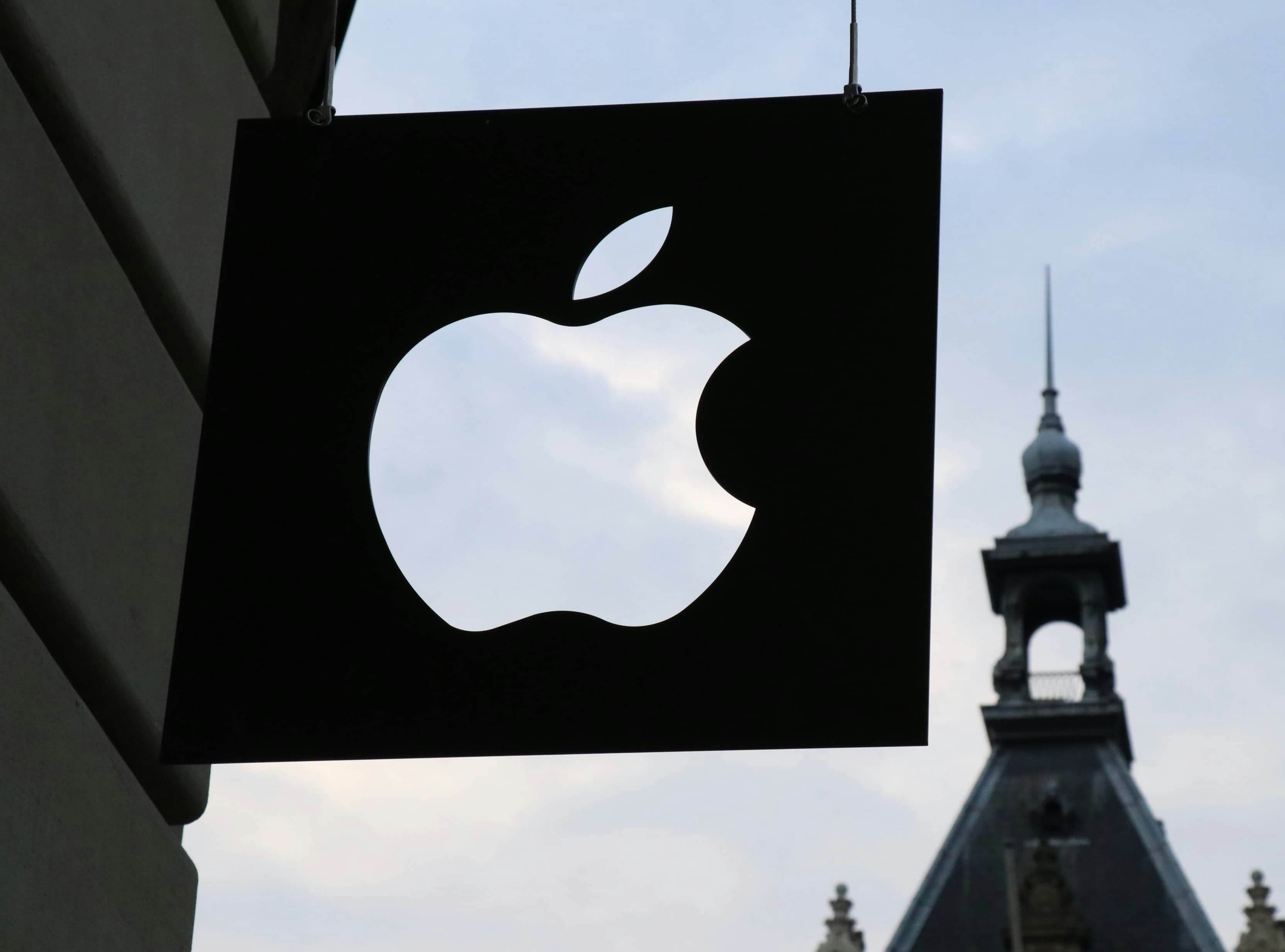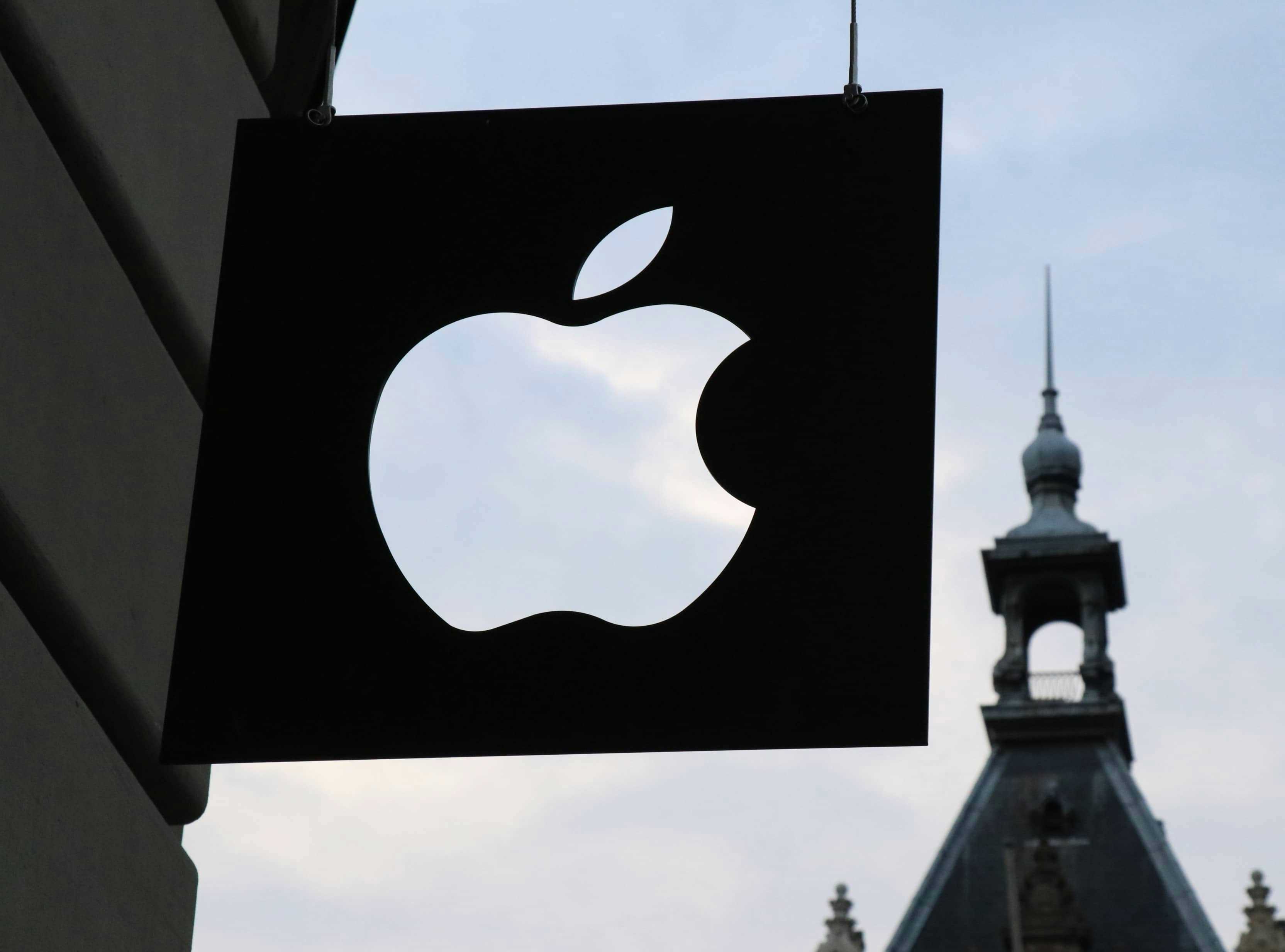Apple, Inc. and Apple Value Services LLC have been named as defendants in a class action lawsuit filed in mid-July 2020 in the U.S. District Court for the Northern District of California. The lawsuit alleges that Apple knowingly or recklessly enabled a scam involving gift cards for its iTunes services—making hundreds of millions of dollars in commissions as a result.
The lawsuit was filed by seven Apple customers who say they were victims of the scam. The plaintiffs claim that Apple has falsely told victims of the scam that their money is irretrievable. In their complaint, the plaintiffs demand Apple repay funds the company made off of the scam.
The Gift Card Scammers
In the class action complaint, the plaintiffs do not claim that the scam in question was operated by Apple or Apple employees. Rather, they allege that Apple allowed the scam to continue because it was profitable for the company.
Although the details for each impacted plaintiff differs, the basic formula is the same. A victim receives a panicked phone call from someone who says they desperately need help. That person then urges the victim to buy an Apple App Store, iTunes, or Apple Store gift card from any retailer and share the code on the back of each card over the phone. Once the mystery caller has the code, they disappear, leaving the victim with no way to contact them.
The scammer then spends the gift card funds on their own apps, in-app purchases, and other media they have put up for sale via Apple platforms—meaning that the scammer will eventually receive the gift card’s funds in cash, minus Apple’s 30% commission. The scammer may also resell the gift card numbers.
Apple’s Role in the Scheme
The class action complaint also references Apple’s “About Gift Card Scams” webpage. Here, the company warns users never to share their code, explaining that “Once those numbers are provided to scammers, the funds on the card will likely be spent before you are able to contact Apple or law enforcement.” The plaintiffs allege that through this statement, Apple is implying there is nothing they— or anyone else— can do to recover the money once it is spent.
This, the plaintiffs assert, is false. The complaint points to two facts: firstly, Apple holds funds owed to third-party vendors for four to six weeks before paying those vendors. Secondly, Apple keeps a commission from each sale. Either pool of funds could be used to repay victims of the scam.
The plaintiffs also claim that the actual dollar amount lost to the scam, including the portion retained by Apple, could be much higher than what is reported by the Federal Trade Commission (FTC). To date, iTunes gift card scams reported to the FTC exceed $93.5 million, and the amount has increased yearly.
Finally, the plaintiffs allege that Apple could—and should—have done more to shut down the gift card scam. The complaint notes that Apple has full control of its App Store platform and has even bragged about this fact in the past. Specifically, the lawsuit alleges that Apple had multiple opportunities to identify fraud and shut down such scams. Instead, the plaintiffs assert that Apple chooses to imply that money scammed via iTunes gift cards is simply gone.
What Role Will Expert Witnesses Play in the Gift Card Fraud Case?
At the heart of the Apple gift case lie questions about cyber security, platform transparency, and corporate responsibility to audit or police transactions made on digital platforms the company operates. As a result, expert witnesses with experience and knowledge in these areas will likely play a key role in the resolution of the class action lawsuit against Apple. This includes experts in cyber security, cyber crime, fraud detection, and software engineering.
In addition, the lawsuit alleges violations of elder abuse laws in multiple states, including California and Oregon, because so many victims of the scam were older individuals. Experts who can speak to the particular vulnerability of seniors to fall for scams like the one at issue will help to build a case for violations of elder abuse law and to explain why the scam continued to be effective for the scammers—and to make money in commissions for Apple.




